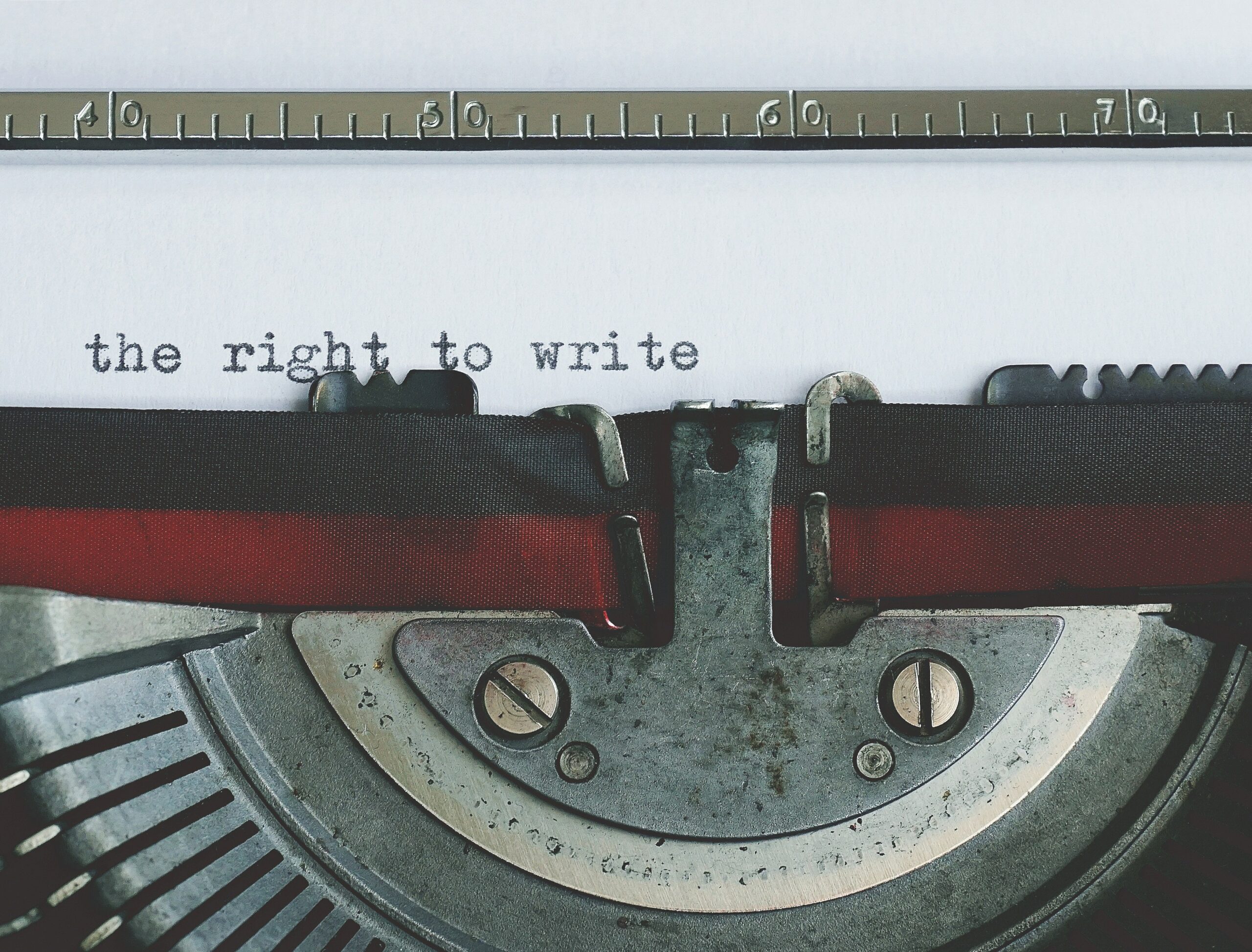A Look At The World Of Copywriting and What We Do
What is copywriting? And what exactly is copy?
Copy is all around us. From the adverts on billboards to the leaflets from builders, roofers and the numerous takeaways that fall through your letterbox on a regular basis. You may think you’re oblivious to it when you’re scrolling past adverts on webpages or ignoring the now familiar electronic advertising boards, that stand tall with glaring lights over our streets.
But you can’t escape it.
Copy is everywhere.
What exactly is copy?
Copy is words used with the intention of making you aware of a brand, product or service, and is written in a way that will persuade you to act. It’s designed to stop you asking, ‘do I really need this product?’ and instead say ‘I really need this product,’ even if you don’t. And if you end up buying things you don’t need but really wanted, that means the copy has done its job of persuading you to act.
The blurb on the back of a novel. The description on your packet of filter coffee. The sign on the back of a bus. The welcome page on a website. Adverts in newspapers, press releases that boast about how well a company has done. Even the article you’re reading right now are all examples of copy.
And to write excellent copy, you need a copywriter.
What does a copywriter do?
We take everyday words, sentences, and phrases, and rearrange them to make things sound better, attractive and appealing in the hope that customers will be convinced enough to buy products. We don’t simply say ‘you must buy this product’ or ‘you must use this service.’ We explain why you should, without telling you to buy. It is basically selling without the obvious sell.
In today’s digital era, you may think copywriting is strictly for the internet and in some ways this is true. The internet has become such an integral part of life that it may not occur to use printed material. But, despite the increased usage of technology, there is still a high demand for actual printed copy.
Copywriters have had to adapt to work with both. We must understand how to make our words be found on the internet, just as much as getting a printed leaflet into the hands of potential customers, passing on the street. Our work must be optimised for search engines (SEO), but still be appealing, interesting and accessible to everyone.
Who uses a copywriter?
Businesses use a copywriter to help them get their products noticed. They’re the ones who come up with the catchy slogans, or the inviting phrases that make you stop and think. They also use copywriters to produce words for advertising campaigns
Some have in-house copywriters who may be part of the marketing team, while others use freelance copywriters. Freelancers work closely with businesses and take time to understand their products and services. They forge effective relationships with business owners, so they can produce the work that gets right to the heart of their target market.
Although not commonly referred to as copywriting, the art can also be used for jobseekers. In effect, a copywriter can provide the words that sells an individual. If adverts persuade people to buy products, then a well-written CV can persuade a prospective employer to interview an individual. It’s all words – it just depends on how they are used.
That’s the uniqueness of Hypnocat Writing Solutions. We work with both business owners and jobseekers. We combine our HR, Marketing and Copywriting skills to bring a first-class service to both sectors, giving you the best opportunity for success.
Copywriters are just as essential in today’s world as they were in the years before the internet, and still form an integral part of the marketing process.
Without us, words are just words.

No responses yet